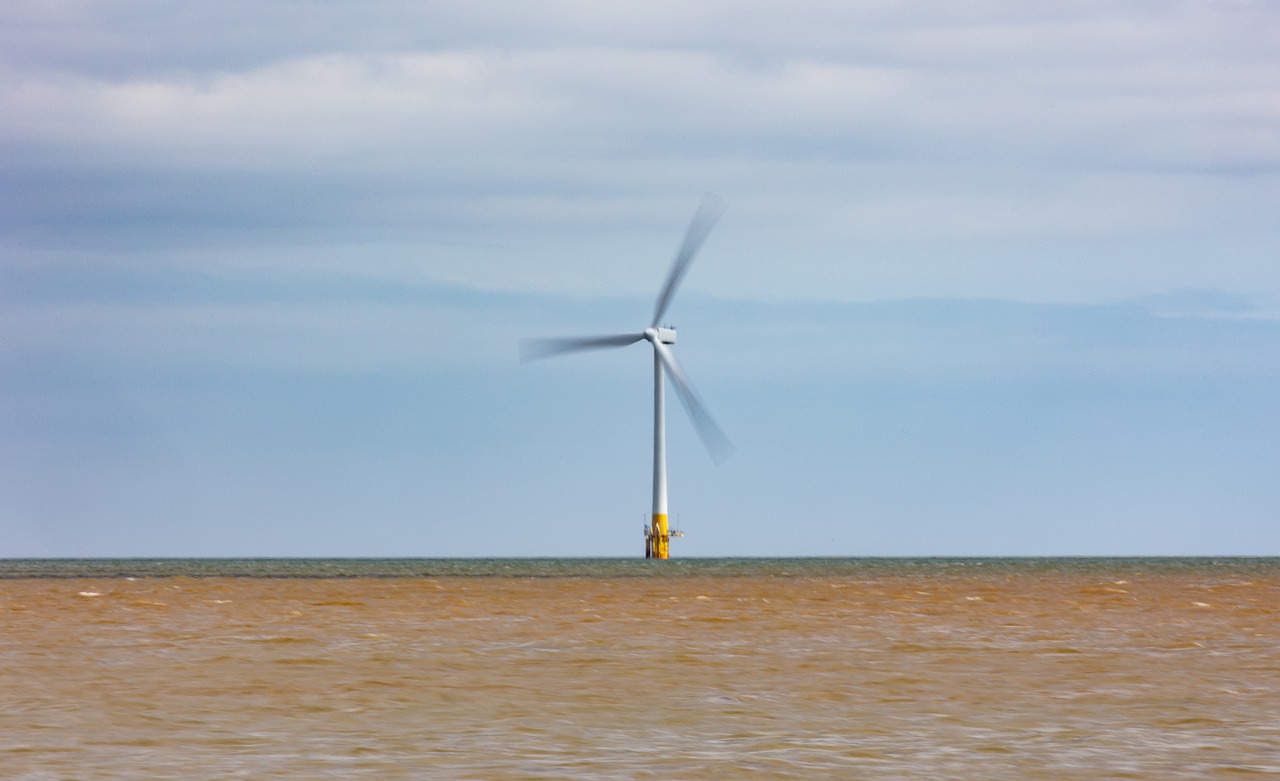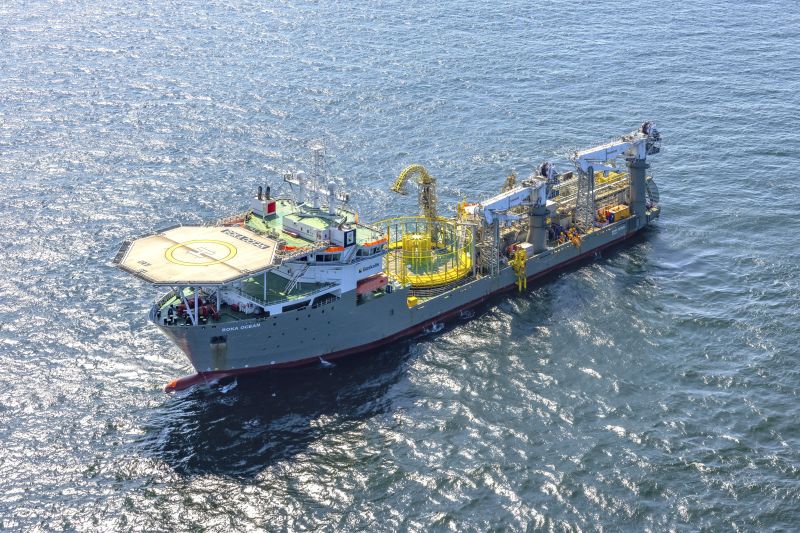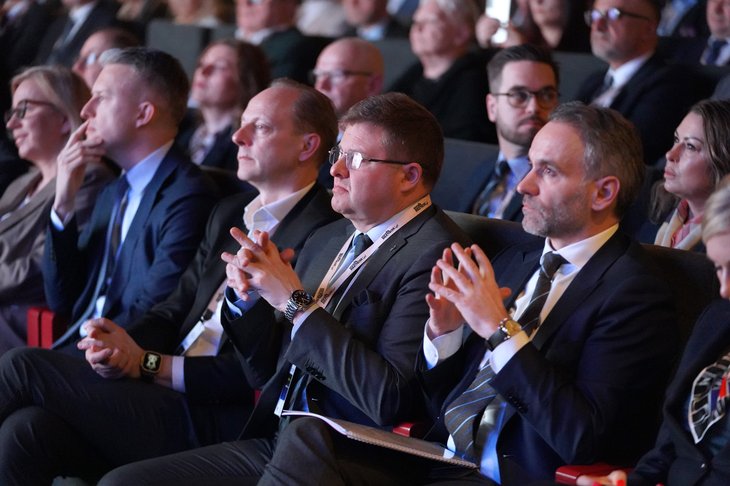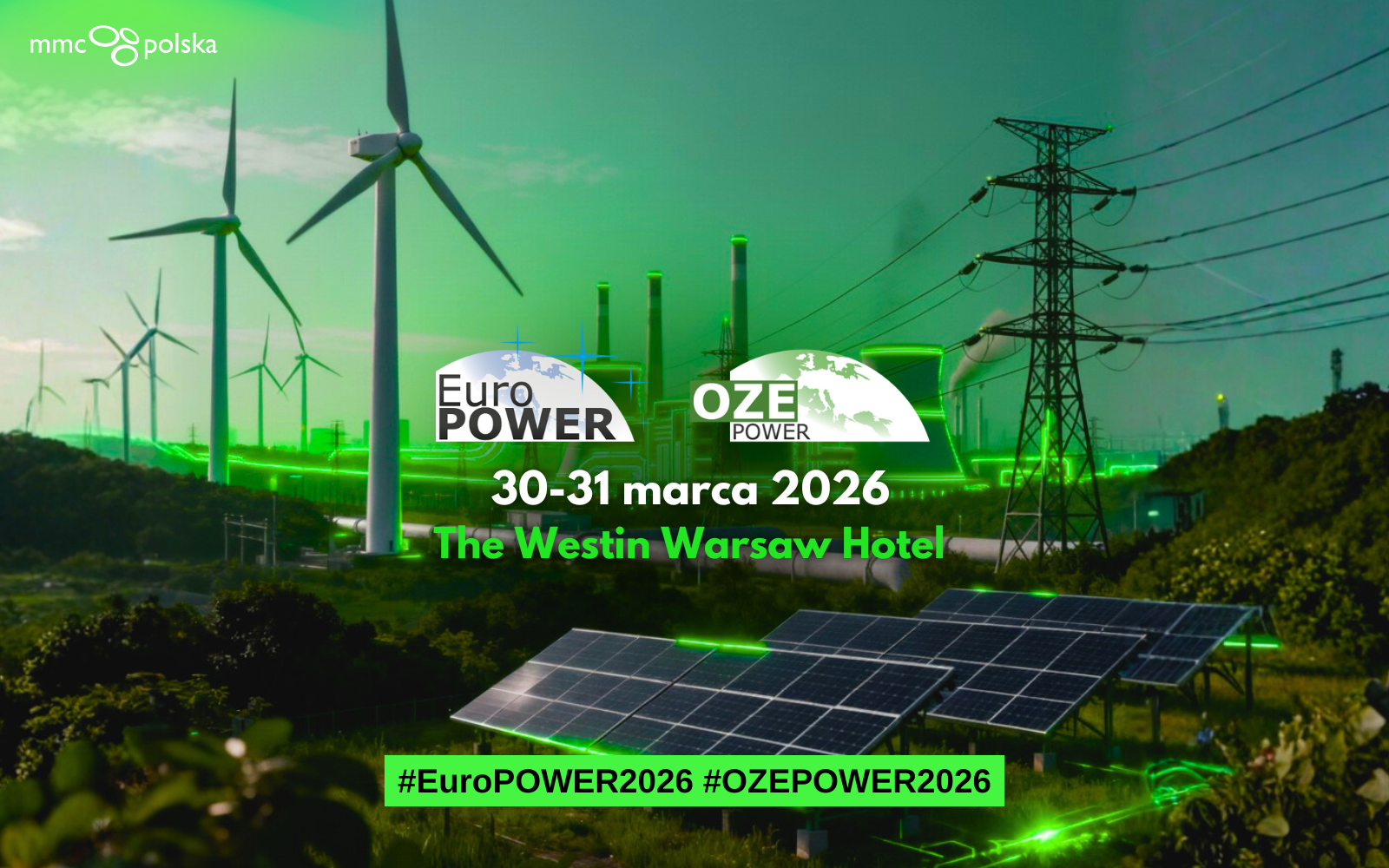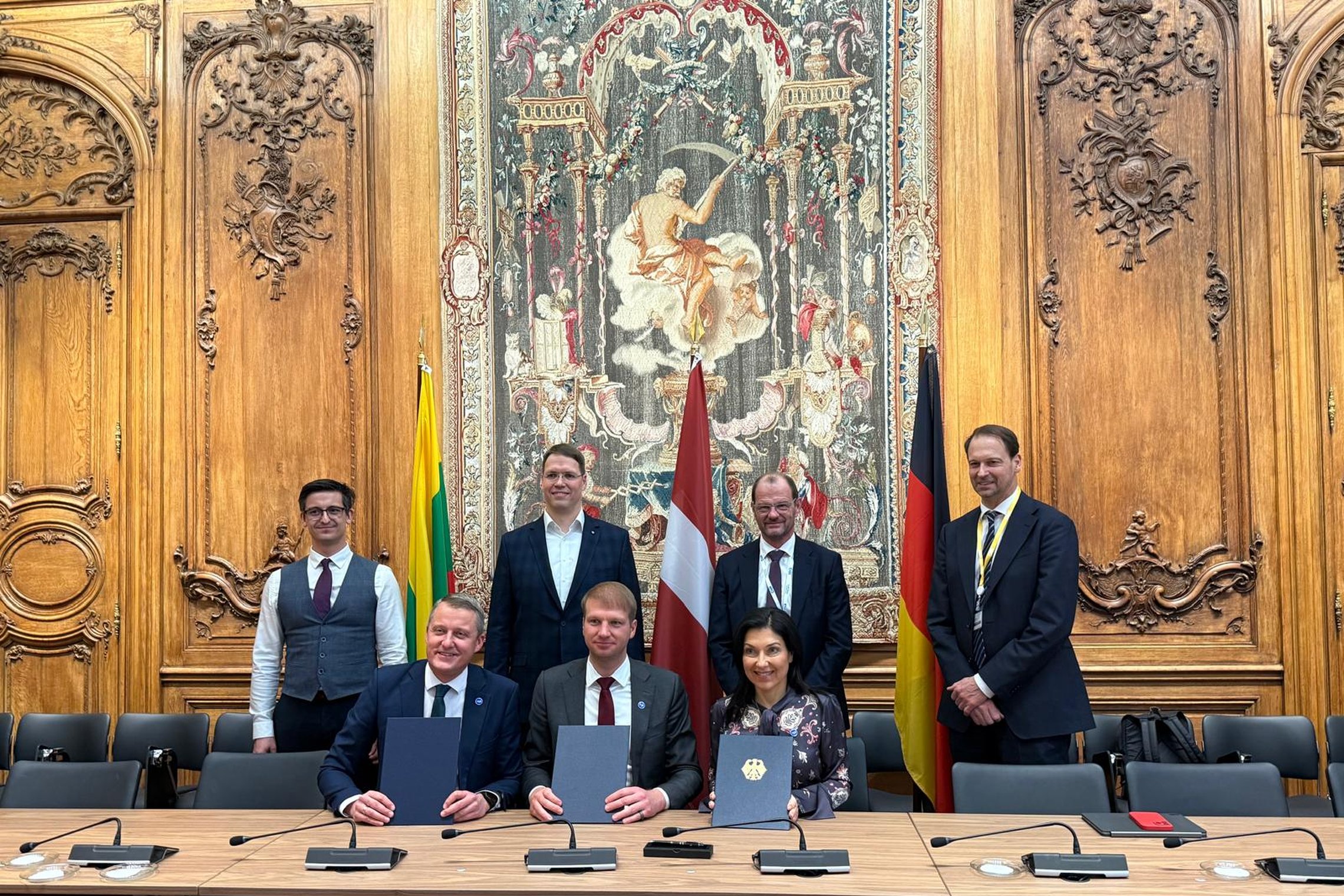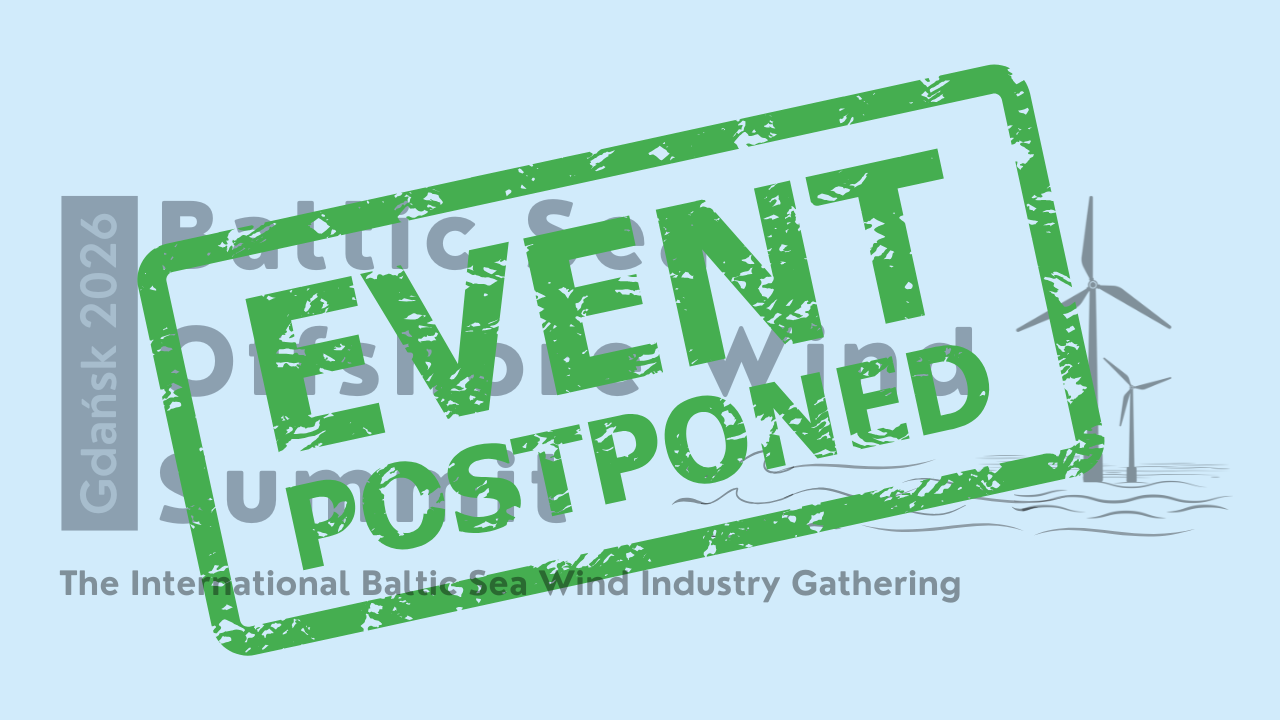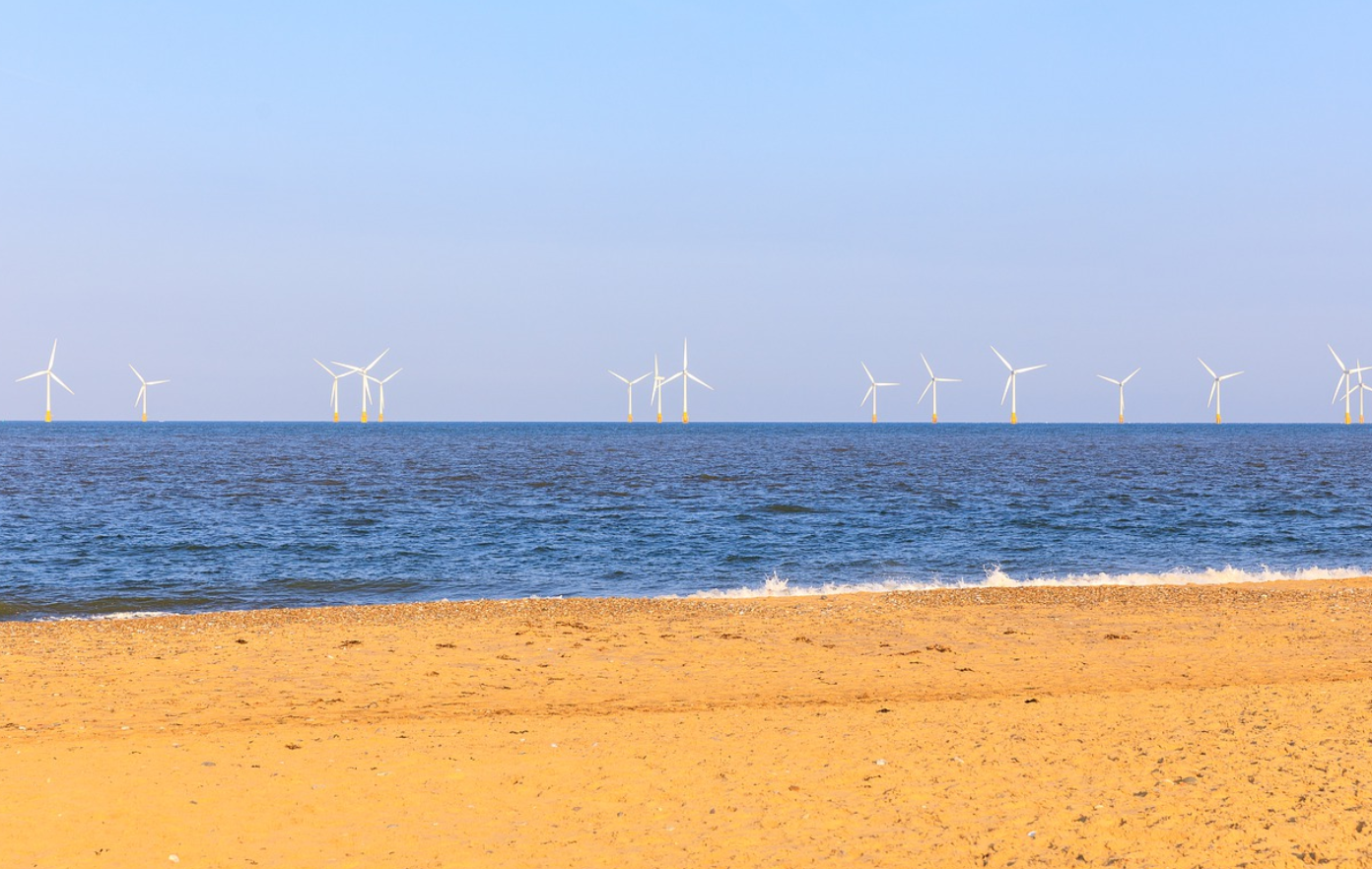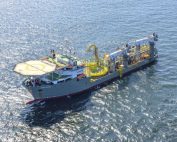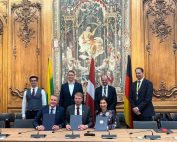The Carbon Trust’s Offshore Wind Accelerator (OWA), a collaboration between nine offshore wind developers, is launching 16 new research and development (R&D) projects this year. These span five key areas of logistics and operations and maintenance, cables, electrical systems, foundations, yield and performance.
As a range of countries plan to accelerate their Net Zero or low carbon energy transitions, offshore wind will play a key role. This month the UK Government released its new Energy Security Strategy which aims to boost low carbon energy generation from 60% of electricity production to 95% by 2030. This followed Germany’s announcement in March to spend €200bn on its ‘Energiewende’ energy transition and Easter Package commitments to reach 70GW of offshore generation by 2045.
The 16 planned projects will optimise and scale renewable energy, critical to meeting these targets. Tenders for each will be available to apply for this month through the Carbon Trust’s website.
The Offshore Wind Accelerator (OWA) is the Carbon Trust’s flagship collaborative research, development and deployment programme. The joint initiative was set up between the Carbon Trust and nine offshore wind developers in 2008, with the aim to reduce the cost of offshore wind to be competitive with conventional energy generation. The current phase involves participation and funding from nine international energy companies: EnBW, Equinor, Ørsted, RWE Renewables, ScottishPower Renewables, Shell, SSE Renewables, TotalEnergies and Vattenfall.
One upcoming project will conduct research looking at the impact of climate change on offshore wind resource. Research has already been conducted into the impact of climate change on global wind patterns, but this new project will enable windfarm owners to have a better understanding of the future impacts on local wind resource.
Another will look at ways of reducing the emissions associated with installation and operations of offshore wind farms. While the turbines produce renewable energy, many of the vessels servicing the offshore farms are powered by fossil fuels.
Hybrid electric vessels, and even full emission-free vessels, are becoming more common, but the charging infrastructure is not widely available for offshore farms. The OWA is developing a new industry standard for charging vessels offshore and will extend this work to accelerate deployment of charging infrastructure within ports.
“This new round of 16 projects announced by the OWA will conduct critical research, which aims to generate knowledge to increase the pace and scale of industrialisation of the offshore wind sector globally. These findings are needed now more than ever to reduce our reliance on fossil fuels, which will be key to achieving Net Zero targets and increasing energy security”, said Jan Matthiesen, the Carbon Trust’s Director for Offshore Wind.
“In recent years, offshore wind has proven its maturity with drastic cost reductions and a rapid pace of deployment. The sector now faces a new challenge to scale up to meet the increased ambitions across global markets. This will require new innovations and methods to support this unprecedented level of industrialisation and collaboration will be key to achieving success.”
Source: The Carbon Trust
